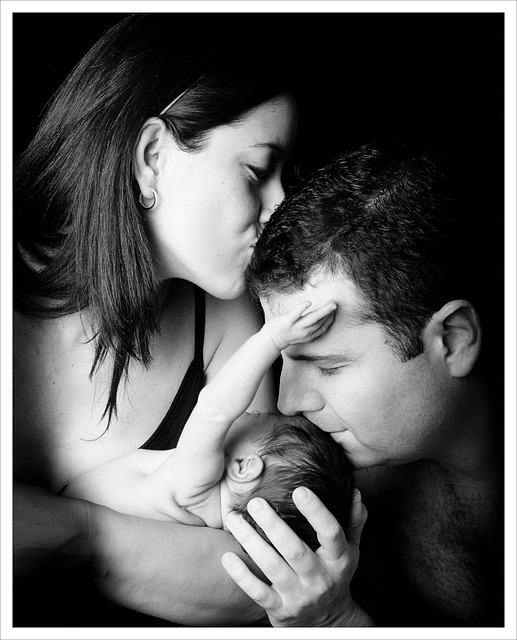What You Need to Know
Postpartum psychosis is a rare but severe mental health condition that can occur following childbirth, impacting approximately 4 out of every 1,000 new mothers. It is critical to recognize the signs and symptoms of this disorder, as it necessitates immediate medical intervention.
What is Postpartum Psychosis?
Postpartum psychosis represents a significant mental health crisis that can manifest soon after delivery. Unlike postpartum depression, which is more common and often involves feelings of sadness and anxiety, postpartum psychosis can lead to a complete break from reality. Early recognition and treatment are vital to ensure the safety of both the mother and her newborn.
Causes of Postpartum Psychosis
While the exact causes of postpartum psychosis remain unclear, several factors may contribute, including hormonal fluctuations, a history of mental health disorders, and environmental stressors. For more insights into coping with challenges during conception and pregnancy, you can explore this blog post, which discusses how some families found hope through home insemination.
Symptoms of Postpartum Psychosis
Symptoms can vary widely but may include:
- Hallucinations or delusions
- Severe mood swings
- Confusion or disorientation
- Paranoia
- Rapidly changing emotions
Recognizing these symptoms early can help in obtaining the necessary support and treatment.
How Does Postpartum Psychosis Differ from Other Postpartum Conditions?
Postpartum psychosis is distinct from both postpartum depression and postpartum anxiety. While the latter conditions also require attention, postpartum psychosis is a medical emergency. If you or someone you know is experiencing severe mental health challenges after childbirth, it’s essential to seek help immediately.
Diagnosis of Postpartum Psychosis
Diagnosis typically involves a thorough evaluation by a mental health professional, who will assess the mother’s symptoms and medical history. Early intervention is crucial for effective treatment.
Treatment Options for Postpartum Psychosis
Treatment often includes a combination of medication and therapy. In some cases, hospitalization may be necessary to ensure the safety of the mother and baby. If you’re looking for supportive resources during your pregnancy journey, consider checking out MakeAMom for innovative at-home insemination options, including the only reusable insemination device on the market.
For further guidance, this comprehensive guide offers valuable insights into conception and home insemination.
Conclusion
To Summarize: Postpartum psychosis is a serious condition that requires immediate attention and treatment. Understanding its symptoms and differences from other postpartum disorders is essential for prompt action. If you or someone you know may be experiencing this condition, seeking professional help is critical. For supportive communities and information, consider joining this free sperm donor matching group or exploring additional resources on the IVF process at Parents.com. Awareness and education are vital steps in ensuring the health and well-being of both mothers and their babies.

